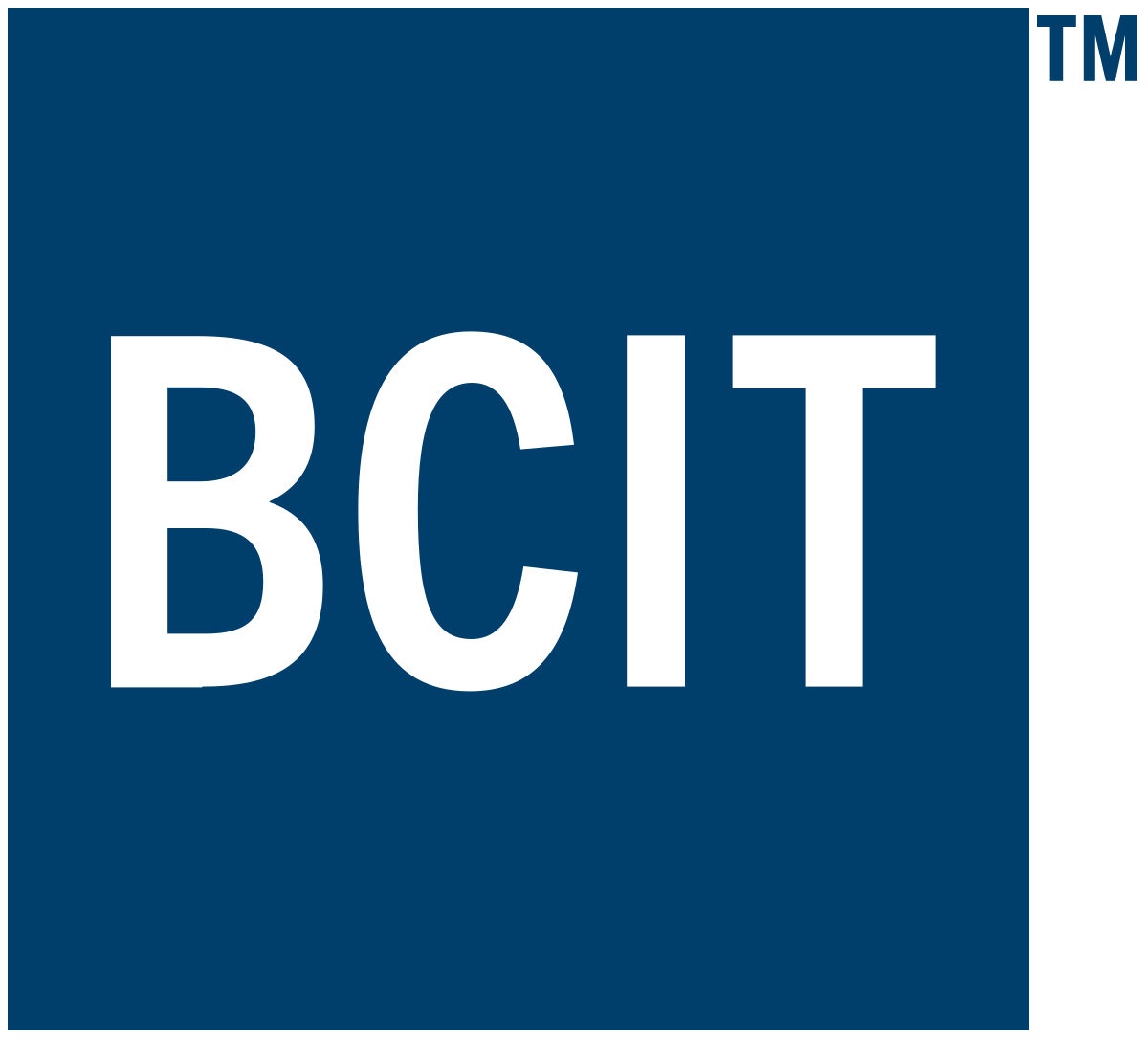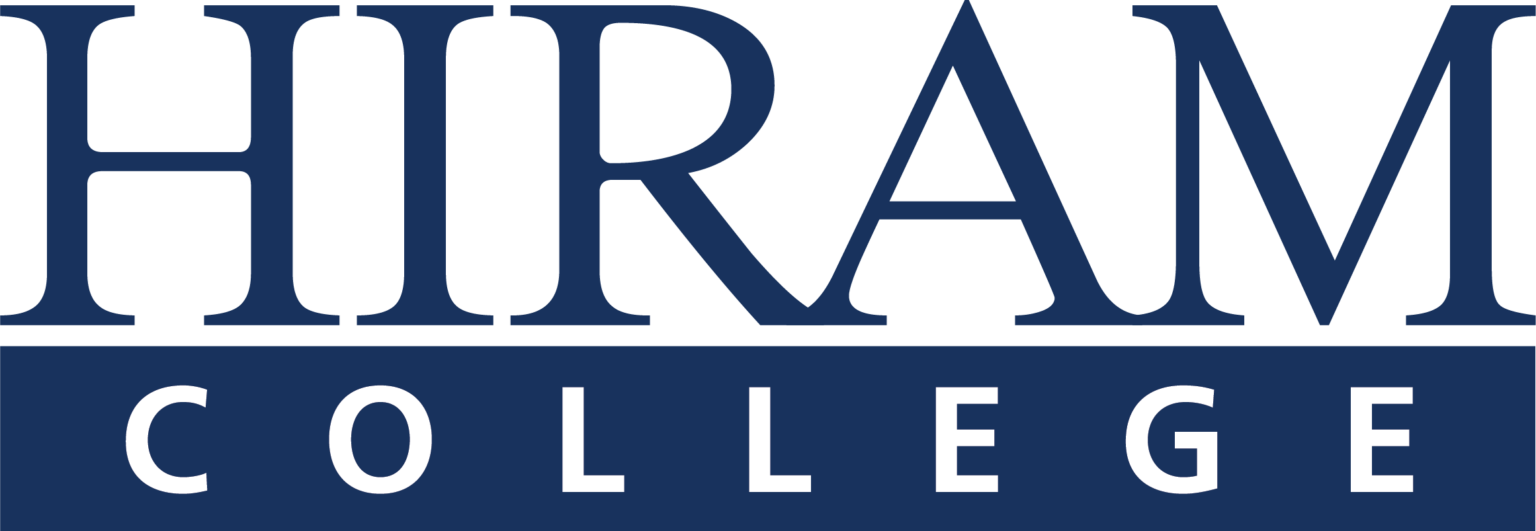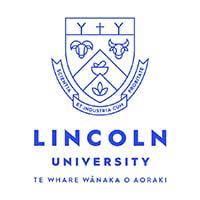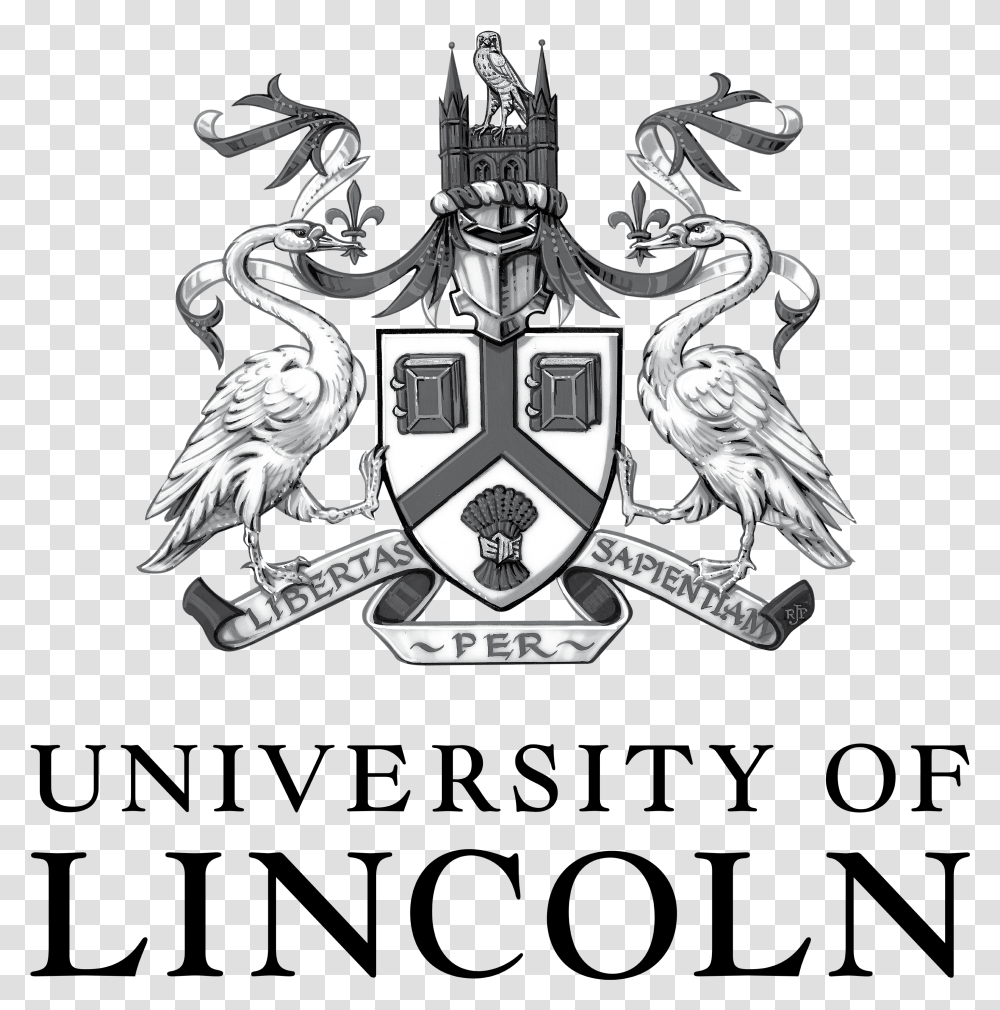Applied Computer Science: Your Gateway to a Global Tech Career
Embarking on a journey in Applied Computer Science abroad can transform your passion for technology into a thriving international career. Designed for aspiring Indian students, this course bridges theoretical knowledge with practical applications, preparing you to tackle real-world challenges in the fast-evolving digital landscape. Whether you're dreaming of working with global tech giants like Google, Microsoft, or innovative startups, studying Applied Computer Science offers unparalleled opportunities to gain cutting-edge skills while immersing yourself in diverse cultures.
For Indian students, pursuing this field abroad means access to world-class education, advanced research facilities, and a vibrant job market. Countries like the USA, Canada, UK, Australia, and Germany host top programs that emphasize hands-on learning, internships, and industry collaborations. With India's booming IT sector, these qualifications will make you highly employable back home or abroad, often with lucrative salaries and visa pathways.
Course Overview
The Applied Computer Science program typically spans 3-4 years for a bachelor's degree or 1-2 years for a master's, focusing on the practical implementation of computing principles. Unlike pure theoretical computer science, this course dives into how technology solves everyday problems—from developing secure apps to optimizing data systems.
Core elements include programming, software engineering, data analysis, and emerging technologies like AI and cybersecurity. You'll learn through lectures, labs, projects, and group work, often culminating in a capstone project where you build a real-world application. Many programs offer co-op placements, allowing you to earn while you learn, which is especially beneficial for international students managing expenses.
Key Curriculum Highlights
The curriculum is structured to build foundational skills progressively, ensuring you're job-ready by graduation. Here's a breakdown of typical modules:
- Programming Fundamentals: Master languages like Python, Java, and C++. Learn algorithms, data structures, and object-oriented programming to create efficient code.
- Software Development: Explore agile methodologies, version control (e.g., Git), and full-stack development. Build web and mobile apps using frameworks like React and Django.
- Data Science and Analytics: Dive into big data tools like SQL, Hadoop, and machine learning libraries (e.g., TensorFlow). Analyze datasets to derive insights for business decisions.
- Cybersecurity and Ethics: Understand network security, encryption, and ethical hacking. Address global concerns like data privacy under regulations such as GDPR.
- Cloud Computing and IoT: Work with platforms like AWS, Azure, and Google Cloud. Develop Internet of Things (IoT) solutions for smart devices and automation.
- AI and Machine Learning: Study neural networks, natural language processing, and computer vision. Apply AI to fields like healthcare and finance.
- Project Management and Electives: Choose specializations in game development, blockchain, or human-computer interaction. Learn tools like Jira for managing tech projects.
Most programs require 120-180 credits, with a mix of core (60%), electives (20%), and practical components (20%). Indian students will appreciate the emphasis on problem-solving, mirroring the competitive coding culture back home through platforms like HackerRank integrated into coursework.
Skills You'll Gain
By the end of the program, you'll possess a versatile skill set that's in high demand worldwide. These competencies not only enhance your resume but also prepare you for certifications like AWS Certified Developer or Cisco CCNA, which are globally recognized.
| Technical Skills | Soft Skills | Practical Applications |
|---|---|---|
| Coding in multiple languages | Team collaboration | Building scalable web apps |
| Data visualization (e.g., Tableau) | Problem-solving under pressure | Developing AI-driven chatbots |
| Database management | Communication for tech pitches | Securing enterprise networks |
| DevOps and automation | Adaptability to new tech | IoT prototypes for smart cities |
These skills are tailored to the global job market, where Indian graduates often excel due to strong mathematical foundations from their schooling.
Career Prospects
Applied Computer Science opens doors to diverse roles with median starting salaries ranging from $70,000-$100,000 USD annually in countries like the USA and Canada—far exceeding many Indian IT jobs. For Indian students, this means financial independence and the chance to support your family while gaining international experience.
- Software Engineer/Developer: Design and maintain software for companies like Amazon or Infosys abroad.
- Data Analyst/Scientist: Interpret data for insights at firms like Deloitte or startups in Silicon Valley.
- Cybersecurity Specialist: Protect systems from threats, with demand surging post-global cyber incidents.
- AI/ML Engineer: Innovate in automation, working on projects like self-driving cars or personalized medicine.
- IT Consultant: Advise businesses on tech strategies, often with firms like Accenture that have strong India ties.
- Emerging Roles: Blockchain developer, cloud architect, or UX designer in the growing metaverse space.
Post-study work visas (e.g., OPT in the USA, PGWP in Canada) allow 1-3 years of employment, boosting your chances for permanent residency. Many alumni return to India for roles at Tata Consultancy Services or Wipro, leveraging their foreign degrees for promotions.
Eligibility and Entry Requirements
Admission is competitive but accessible for Indian students with a solid academic background. Typical requirements include:
- Academic Qualifications: 10+2 with 70-85% in Physics, Chemistry, and Math (PCM) for bachelor's; bachelor's in CS or related field with 60%+ for master's.
- Standardized Tests: SAT/ACT for undergrad (scores 1200+); GRE for grad (300+). IELTS (6.5+) or TOEFL (80+) for English proficiency—waivers possible for Indian students from English-medium schools.
- Documents: Transcripts, SOP (Statement of Purpose) highlighting your tech interest, LORs from teachers, and resume showcasing projects or coding competitions.
- Portfolio: Optional but recommended—include GitHub repos or apps you've built.
Deadlines vary: Fall intake (September) applications due by January-March. Fees range from $20,000-$50,000 USD/year, but scholarships like Fulbright (USA) or Chevening (UK) can cover up to 100% for meritorious Indian students.
Why Choose Applied Computer Science Abroad as an Indian Student?
Studying abroad in this field offers unique advantages over Indian programs:
- Global Exposure: Collaborate with diverse peers, enhancing your cross-cultural communication—key for multinational teams.
- Advanced Resources: Access state-of-the-art labs, supercomputers, and industry partnerships unavailable in many Indian universities.
- Research Opportunities: Contribute to groundbreaking projects, like AI for sustainable development, aligning with India's tech goals.
- Networking: Attend events like TechCrunch Disrupt or connect with Indian diaspora professionals for mentorship.
- Cultural Adaptation: Programs often include orientation for international students, helping you navigate homesickness with Indian student societies and festivals like Diwali celebrations on campus.
Financially, while initial costs are higher, ROI is quick—many graduates recoup investments within 2-3 years. Plus, part-time work (20 hours/week) and scholarships ease the burden.
Top Destinations and Universities
Select a destination based on your goals—USA for innovation, Canada for affordability, UK for prestige.
| Country | Top Universities | Avg. Tuition (USD/year) | Key Benefits for Indians |
|---|---|---|---|
| USA | MIT, Stanford, Carnegie Mellon | 40,000-60,000 | STEM OPT extension; H-1B visa lottery |
| Canada | University of Toronto, UBC, Waterloo | 20,000-35,000 | Post-grad work permit; PR pathways |
| UK | Imperial College, UCL, Edinburgh | 25,000-40,000 | Graduate Route visa (2 years work) |
| Australia | University of Melbourne, UNSW, Monash | 25,000-45,000 | Temporary Graduate visa; strong Indian community |
| Germany | Technical University of Munich, RWTH Aachen | 0-10,000 (public) | Low tuition; 18-month job search visa |
Application Tips for Indian Students
To stand out:
- Start Early: Prepare for tests 6-12 months in advance. Use resources like Khan Academy for SAT prep.
- Highlight Uniqueness: In your SOP, discuss how your Indian background (e.g., JEE prep discipline) fuels your tech passion.
- Seek Scholarships: Apply for Inlaks Shivdasani or JN Tata Endowment—many cover full costs.
- Visa Strategy: Gather finances proof (bank statements, loans) and tie-ups with education consultants for guidance.
- Build Experience: Participate in hackathons or internships at Indian firms like Flipkart to strengthen your profile.
Applied Computer Science abroad isn't just a degree—it's a launchpad for innovation and global impact. With dedication, you'll join thousands of successful Indian alumni shaping the future of technology. Ready to code your success story?






